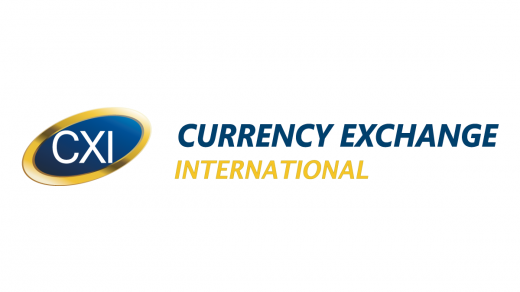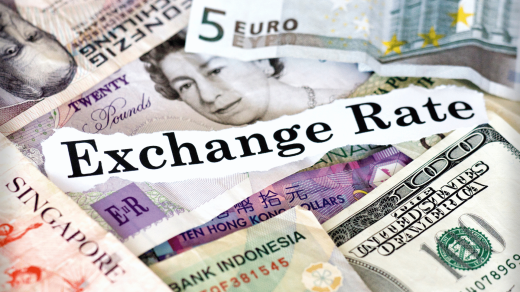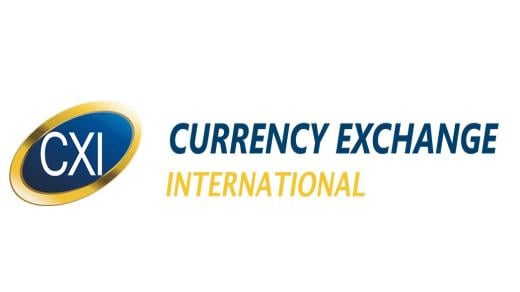Difference Between a Fixed and Floating Currency Exchange Rate

Anyone who has traveled or conducted business internationally is probably familiar with the concept of an exchange rate. However, it can be difficult to understand how exactly currency exchange rates work.
One important concept that helps explain how rates are set is the difference between a fixed and floating exchange rate. Below we have broken down how this concept affects the exchange rates we know about today.
What is a fixed currency exchange rate?
Fixed currency exchange rates are mainly found in Africa and the Middle East. A fixed exchange rate, also known as a pegged rate is set and maintained by the central bank.
The central bank links its currency to another country’s currency making it so that the rate will not change. Most often countries peg their rate to the U.S. dollar, but it can also be seen pegged to the euro, the yen or a basket of currencies.
In order for countries to maintain the value of their currency at the official level, the central bank must intervene by keeping a high level of foreign reserves.
The central bank uses these funds to adjust to fluctuations in the market. The central bank possesses the power to release or absorb funds into or out of the market and maintaining the right amount of foreign reserves is the key to managing this power.
Fixed currency exchange rates pros vs. cons
| Fixed Pros | Fixed Cons |
|---|---|
| Enable the currency's value to remain stable | Central bank must intervene often |
| Can help lower inflation which encourages investment | Country loses monetary independence |
| The Central Bank has the power to maintain rate | Can be expensive to maintain |
What is a floating currency exchange rate?
In comparison, floating currency exchange rates depend on supply and demand. This means that when the demand for a currency is high its value will increase.
Conversely, when the demand is low a country will experience the latter. The value of a country’s currency greatly affects its position in international trade. When a country’s currency value increases, imported goods will become cheaper, making this a desirable position for the country.
The International Monetary Fund considers any country that is driven by a floating exchange rate to be demonstrating financial maturity, according to Bloomberg.
However, there is debate as to whether letting a currency float actually provides a high level of benefits that we perceive. It can be difficult for a small country to depend on a floating currency as letting their currency depreciate may not necessarily result in cheaper goods in world markets.
While each country makes its own decision to enter the market with a fixed or floating exchange rate, it is rare that a currency is wholly fixed or floating. This is due to the fact that there are a variety of market pressures constantly influencing exchange rates.
Floating currency exchange rates pros vs. cons
| Floating Pros | Floating Cons |
|---|---|
| Allows greater change of internal policy | Day to day uncertainty |
| Less power on central banks as changes occur automatically | Highly volatile |
| No need for large reserves | More exchange rate risk |
See more blog posts >
Subscribe to CXI's newsletters >
Currency Exchange International (CXI) is a leading provider of foreign currency exchange services in North America for financial institutions, corporations, and travelers. Products and services for international travelers include access to buy and sell more than 80 foreign currencies, gold bullion coins and bars. For financial institutions, our services include the exchange of foreign currencies, international wire transfers, purchase and sale of foreign bank drafts, international traveler’s cheques, and foreign cheque clearing through the use of CXI’s innovative CEIFX web-based FX software www.ceifx.com

 Ordering foreign currency is easy with OnlineFX.
Ordering foreign currency is easy with OnlineFX.


